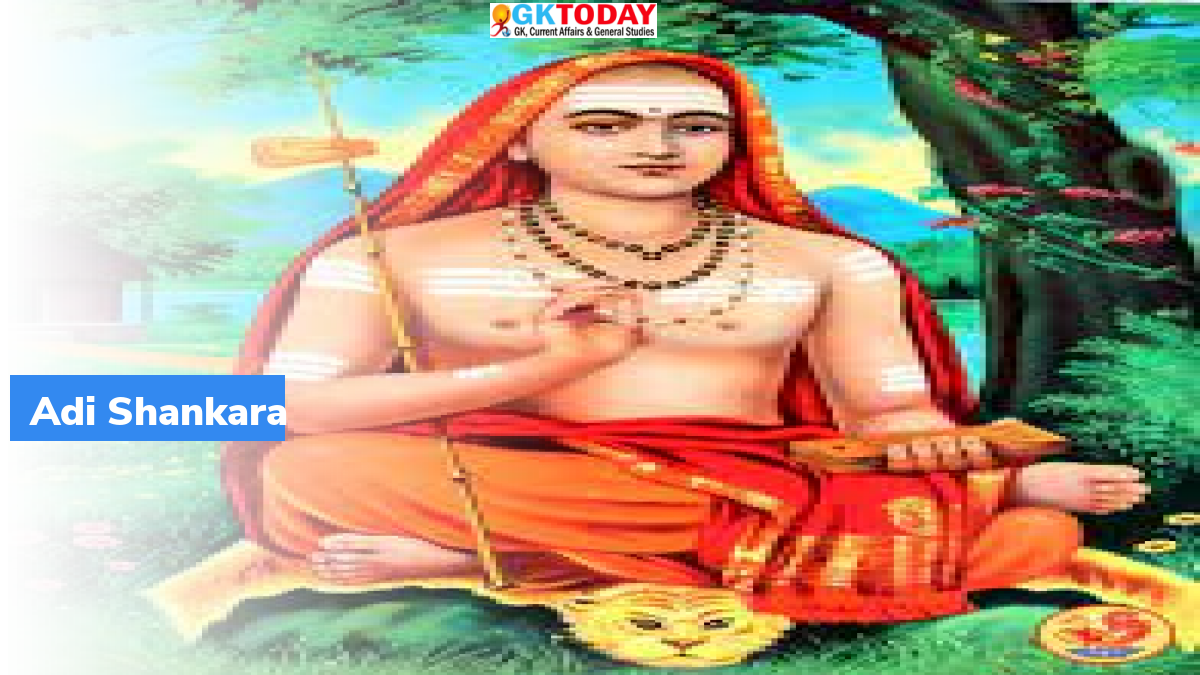Shankaracharyas to Not Attend Ram Temple Inauguration
The four shankaracharyas, heads of Hindu monasteries founded by Adi Shankara, will not attend the inauguration of the Ram temple in Ayodhya on January 22. The seers oversee mathas in Dwarka, Joshimath, Puri and Sringeri. Their absence is significant given the shankaracharyas’ prominence.
Matha Heads Protest
The Puri shankaracharya openly questioned his role, asking if he should just “stand and clap” as Prime Minister Modi inaugurates the temple and touches the idol. The other seers have not provided reasons for skipping the high-profile event. Their stances suggest dissatisfaction with the planning and their inclusion.
Shankaracharya Title Meaning
Shankaracharya means “teacher of Shankara’s way.” It refers to heads of four Hindu monasteries supposedly founded by philosopher Adi Shankara in the 8th century CE. They propagate his teachings and belong to a lineage tracing back to him.
Questionable Historical Lineage
There is little evidence these four mathas existed before the 14th century CE when the Vijayanagara kingdom began supporting Sringeri matha. Prior leaders’ tenures were unrealistically long, hinting the lineage was retrospectively created for legitimacy and stature.
Mathas Preserve Tradition
Today the intricate matha organizations comprise temples, libraries and residences working to sustain Shankara’s philosophical tradition. They are significant centers of spiritual knowledge.
Adi Shankara Background
Per legends, Shankara was born in Kerala, with a crocodile incident spurring him to become an ascetic. His hagiographies depict a remarkable wandering scholar debating philosophies and establishing mathas across India until his death around age 32.
Advaita Vedanta Association
Shankara solidified Advaita Vedanta, a radical nondual Hindu philosophy positing the empirical world is illusory with brahman as the sole true reality. His theories systematically communicated nonduality as a path to liberation.
Enduring Multifaceted Legacy
Beyond philosophy, Shankara’s legacy includes a near nationalistic vision with his mathas binding a Hindu India spanning geographical and political divisions. As faith custodians occupying the corners of India, the matha heads carry enormous symbolic weight.
Month: Current Affairs - January, 2024
Category: Art & Culture Current Affairs








